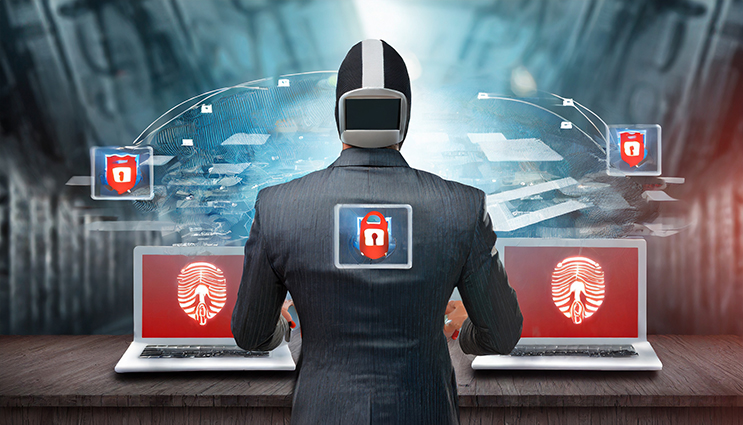
Be aware, your files are under threat from a new variant of the Phobos ransomware. And it’s being distributed by threat actors using the SmokeLoader trojan.
The Phobos ransomware was first detected in 2017 and, since then, has gone on to be used in numerous cyber-attacks. This new variant, however, is slightly different and more sophisticated than previous incarnations. The threat actors behind the new variant are believed to be the same team behind the 8Base ransomware syndicate, a powerful cybercrime operation.
As you know, any form of ransomware is dangerous, but one which is as clever and cunning as Phobos requires special attention. Luckily, Ophtek are here to provide you with all the advice you need.
The SmokeLoader Campaign
The SmokeLoader trojan is typically used to deliver the 8Base team’s variant of Phobos. A trojan is employed as the launchpad as Phobos, on its own, does not have the capability to breach a PC’s defenses. SmokeLoader operates by disguising itself within spam email campaigns and relies on social engineering techniques to unleash its malicious payload. Once SmokeLoader has been activated, it begins loading the Phobos ransomware.
And Phobos presents a very persistent and effective threat. It starts by identifying target files and automatically ends any processes which are accessing the files. From here, Phobos’ next step is to disable the PC’s system recovery tool, which ensures the victim is unable to roll back their PC to a pre-infection stage. Finally, before encrypting any files, Phobos makes a point of deleting any backups and shadow copies. Rest assured that Phobos doesn’t want to give you any chance of retrieving your files without paying a ransom.
What’s notable about this strain of Phobos is its encryption speed. Instead of fully encrypting all files, it only focuses on completing this on files under 1.5MB in size. Anything over this file size is only partially encrypted. Phobos alerts its victims to its encryption activities by issuing a ransom note on the infected system. This ransom note explains that the only way to decrypt the files is by making a payment in Bitcoin. And this payment is dependent on how quickly contact is made.
Staying Safe from SmokeLoader and Phobos
The financial damages arising from ransomware continue to rise and rise, so it’s crucial that you keep one step ahead of these attacks. The best way to stay safe is by following these best practices:
- Understand social engineering: the Phobos attack, and many other ransomware attacks, are only able to initiate themselves due to victims falling for social engineering scams. Therefore, it’s vital your staff understand what social engineering is and how to combat it. For example, if an email sounds too good to be true, it probably is. And the best thing to do with a suspicious email is to take a deep breath and think long and hard before clicking any links.
- Always keep offline backups: if all your files are encrypted then you’re going to have a hard time retrieving them without paying a costly ransom. And, remember, Phobos actively seeks out backups and shadow copies you may have stored on your network. However, if you regularly backup to an offline source, such as an isolated network or drive, you have the opportunity to minimize your file loss.
- Use anti-malware tools: one of the best ways to add an extra layer of protection to your PCs is by ensuring that anti-malware tools are installed. These tools are discreet, mostly running in the background, and can identify malware before they launch their attacks. This allows you to quarantine and delete threats such as SmokeLoader before they can take over your system.
For more ways to secure and optimize your business technology, contact your local IT professionals.
Read More



